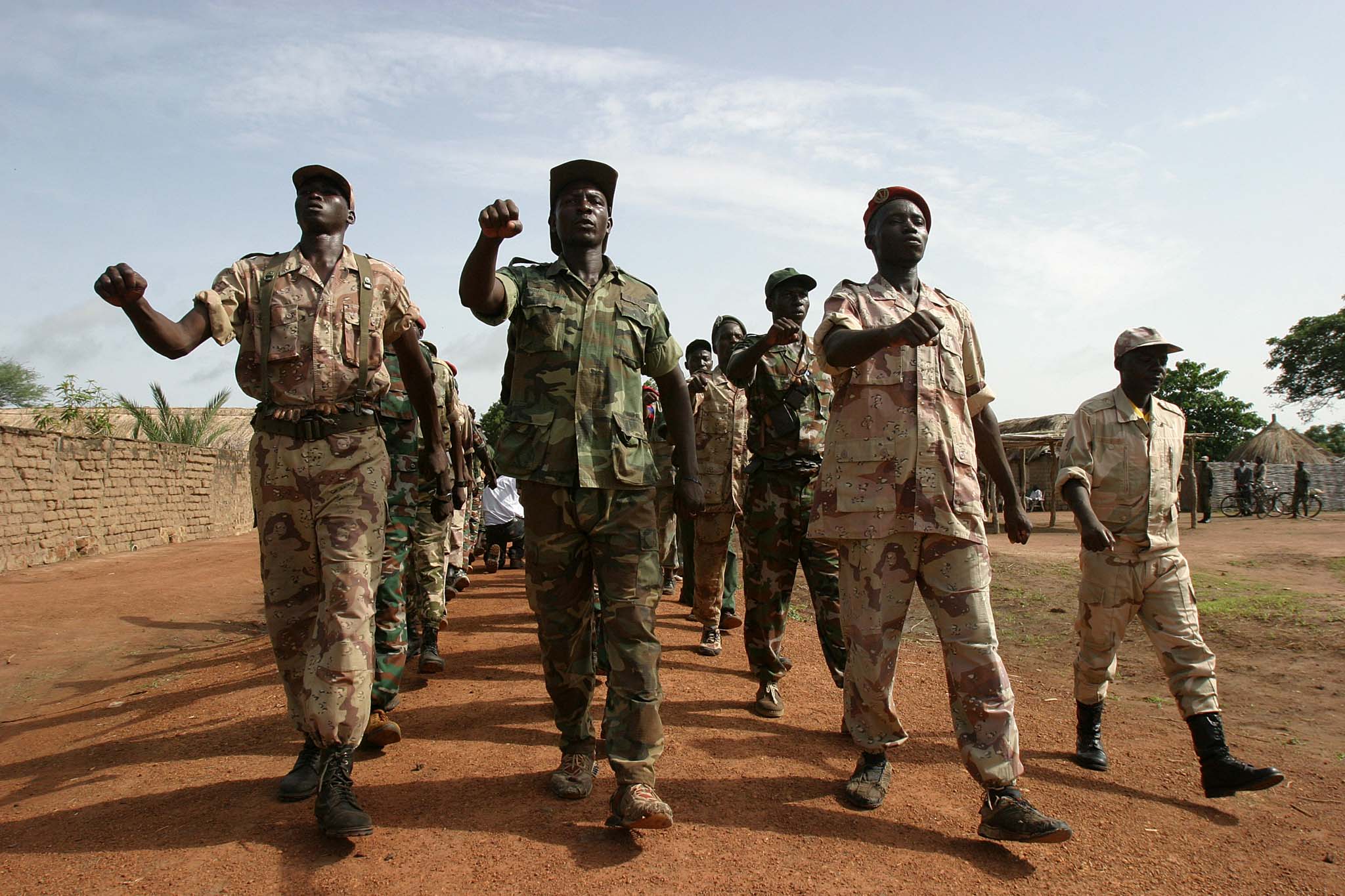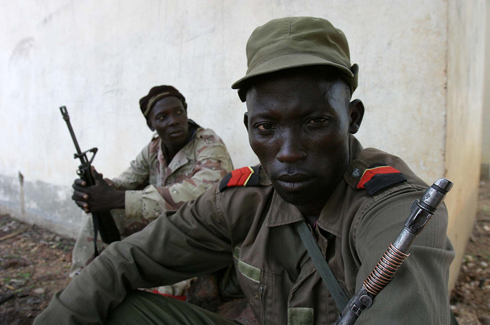
In August, United Nations (UN) Under-Secretary-General for Humanitarian Affairs Valerie Amos warned that ‘the Central African Republic [CAR] is not yet a failed state, but has the potential to become one if swift action is not taken’. This warning became all the more real when on 13 September Michel Djotodia, the interim president of the CAR, decided to dissolve the rebel coalition Seleka, which he had headed during the December 2012 rebellion that led to the overthrow of General Francois Bozizé, the CAR’s former president.
Through the decision to disband Seleka and by threatening to subject anyone acting on behalf of the rebel movement to the full might of the law, Djotodia has sought to reaffirm his authority in a country that desperately needs credible leaders and functioning institutions. This might also be a charm offensive in response to pressure from regional leaders and external partners. And while his decision could be seen as a bold move to curb the growing number of atrocities committed by members of the armed coalition, the risk of rampant instability or renewed armed conflict looms large.

